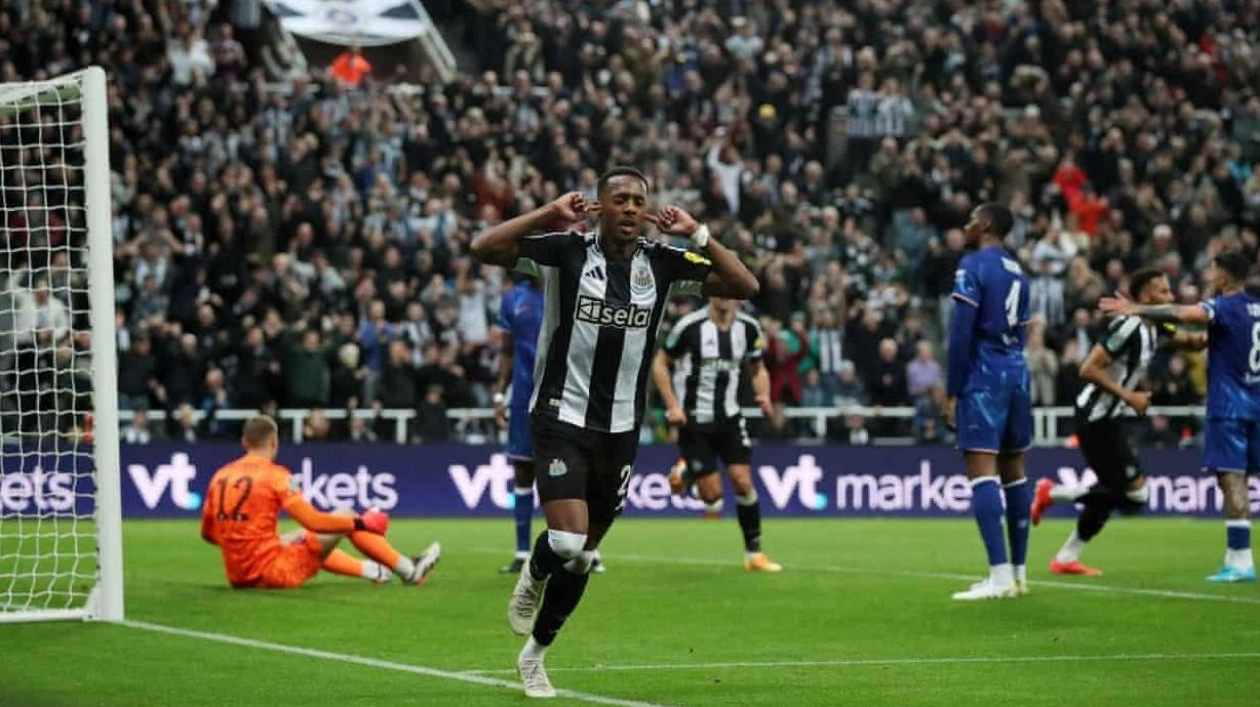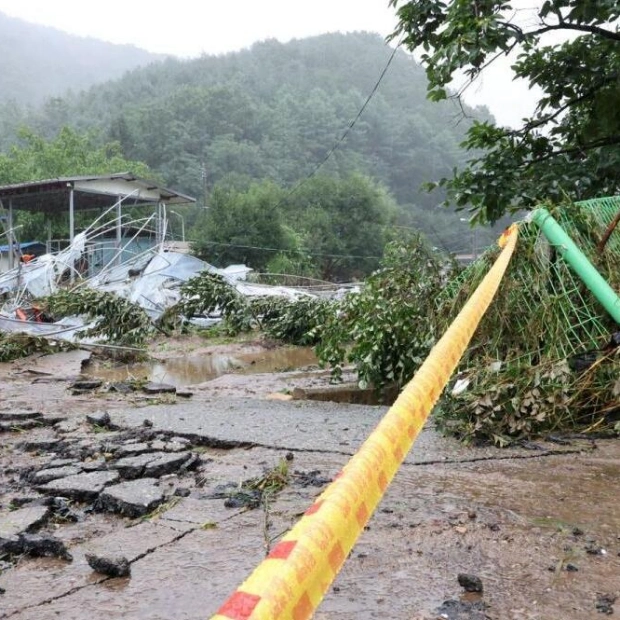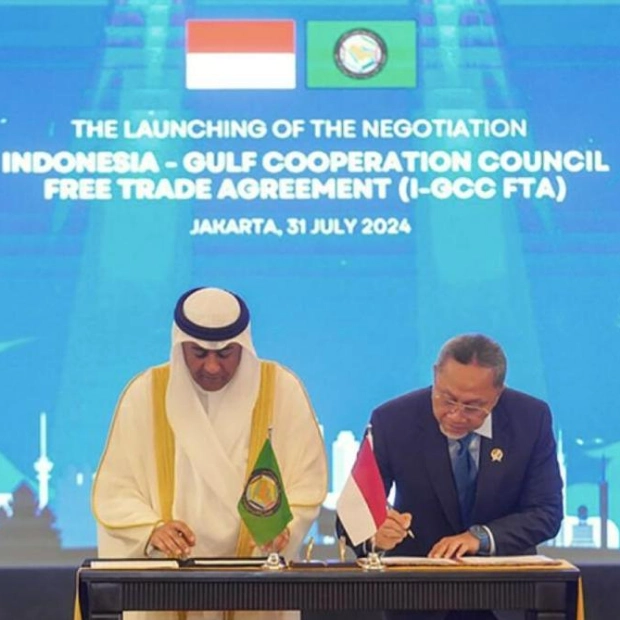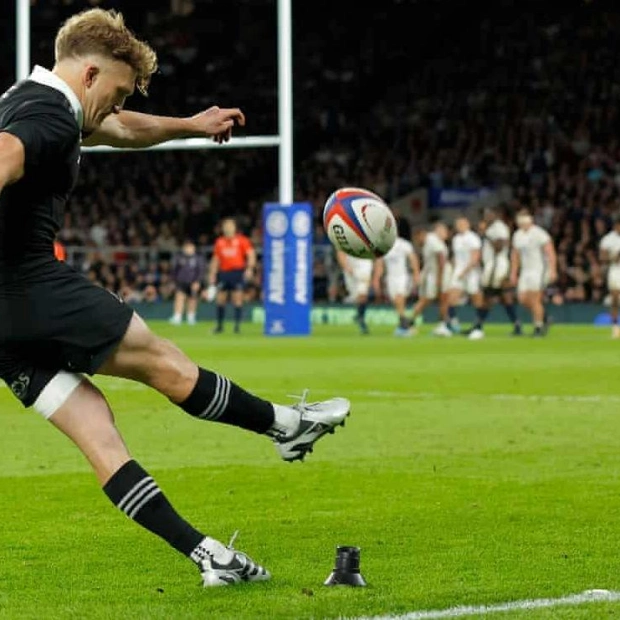Hope is alive and well at Newcastle once again. Just as Eddie Howe's team appeared to be slipping gradually towards mediocrity, their place in the Carabao Cup quarter-finals has altered the entire narrative. This cup run not only offers the tantalizing prospect of a long-awaited trophy and a potential route into Europe but also helps to mask the off-field tensions that have contributed to Newcastle's recent disappointing Premier League form.
It was beneficial that Chelsea's significantly revamped squad suggested Enzo Maresca was not fully committed to this competition. It seemed noteworthy that Cole Palmer remained on the bench throughout, while Nicolas Jackson did not even travel to the northeast. Perhaps equally telling was Palmer's apparent questioning of Maresca's coaching staff at the final whistle, wondering why he was not sent on to try and outshine Alexander Isak and company.
While Howe opted for mild rotation, making five changes to the lineup that started the 2-1 Premier League defeat at Stamford Bridge, Maresca completely reshuffled Chelsea's team. This wholesale change might have been responsible for the early defensive chaos that allowed Isak to swing in an inviting cross, with Joelinton missing a close-range chance after miscuing a right-foot shot.
Despite Chelsea's self-destructive tendencies at one end, their counterattacking pace kept them a threat to the home defense, with Sandro Tonali's timely block diverting Renato Veiga's goal-bound shot. As Maresca's team began to look increasingly comfortable in possession, Howe encouraged his players to press harder and higher, a strategy that soon paid off. Joelinton and Tonali's relentless pressing forced errors from Chelsea's Benoît Badiashile and Veiga, leading to Isak's goal.
After five Premier League games without a win, Howe needed a cup boost, and his smile widened as Axel Disasi inadvertently helped Joe Willock's header find the net. Although Nick Pope had to make a smart save to deny João Félix, Maresca's insistence on playing out from the back was fostering a sense of optimism at the Gallowgate End.
Chelsea repeatedly fell into a classic Howe trap, and the mystery was why Maresca did not instruct his team to change tactics. In the previous round, AFC Wimbledon had kept Newcastle quiet with a low block and long-ball strategy. Instead, early in the second half, Filip Jörgensen had to dribble around Anthony Gordon after a risky one-two with a defender.
Chelsea might have reduced the deficit if Lloyd Kelly had not blocked Christopher Nkunku's shot, but they struggled to contain Willock. Like Kelly, Willock was making the most of his starting opportunity, and his ability to glide across the pitch persistently troubled Chelsea.
By the time Willock was replaced by Bruno Guimãraes midway through the second half, he had likely done enough to earn a place in the starting lineup for the league game against Arsenal. Chelsea had no choice but to take risks, and Maresca eventually moved Marc Cucurella into an extra midfield role. While this sometimes gave Newcastle opportunities, it also stretched them to their limits.
Although Sean Longstaff's header was disallowed for offside and William Osula hit the post, Newcastle had done enough to secure their place in the next round.
Source link: https://www.theguardian.com






